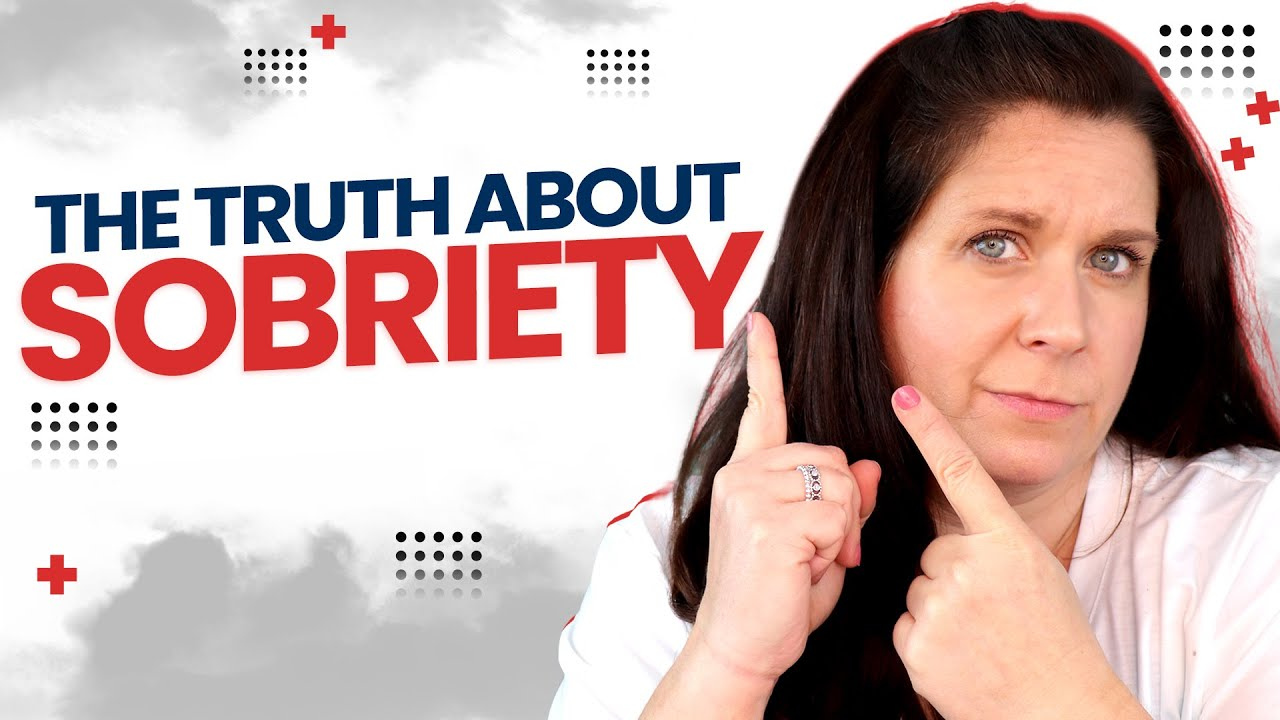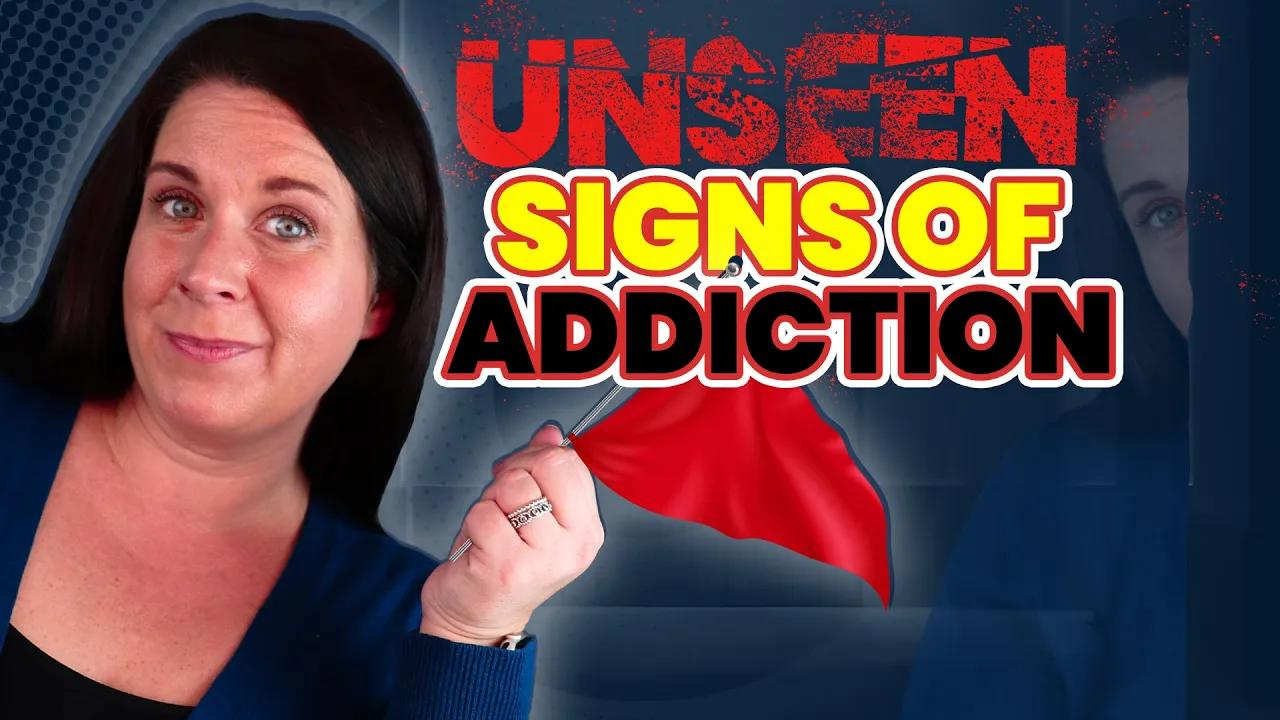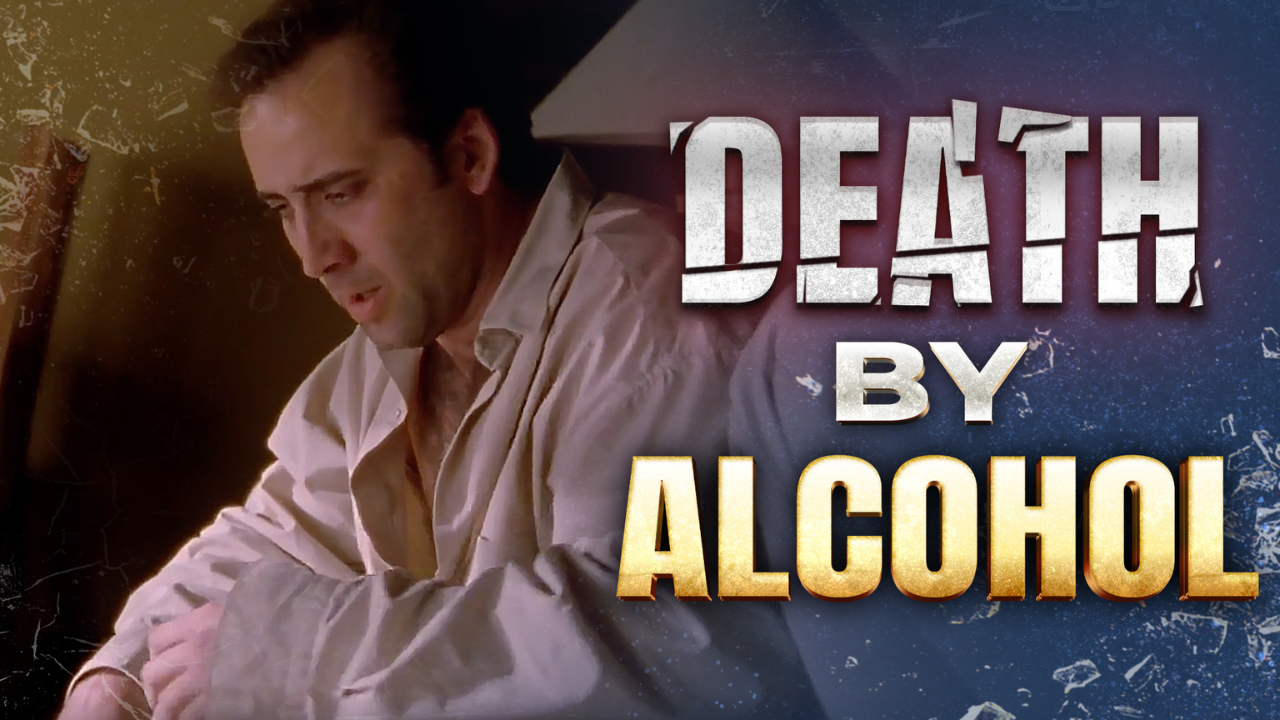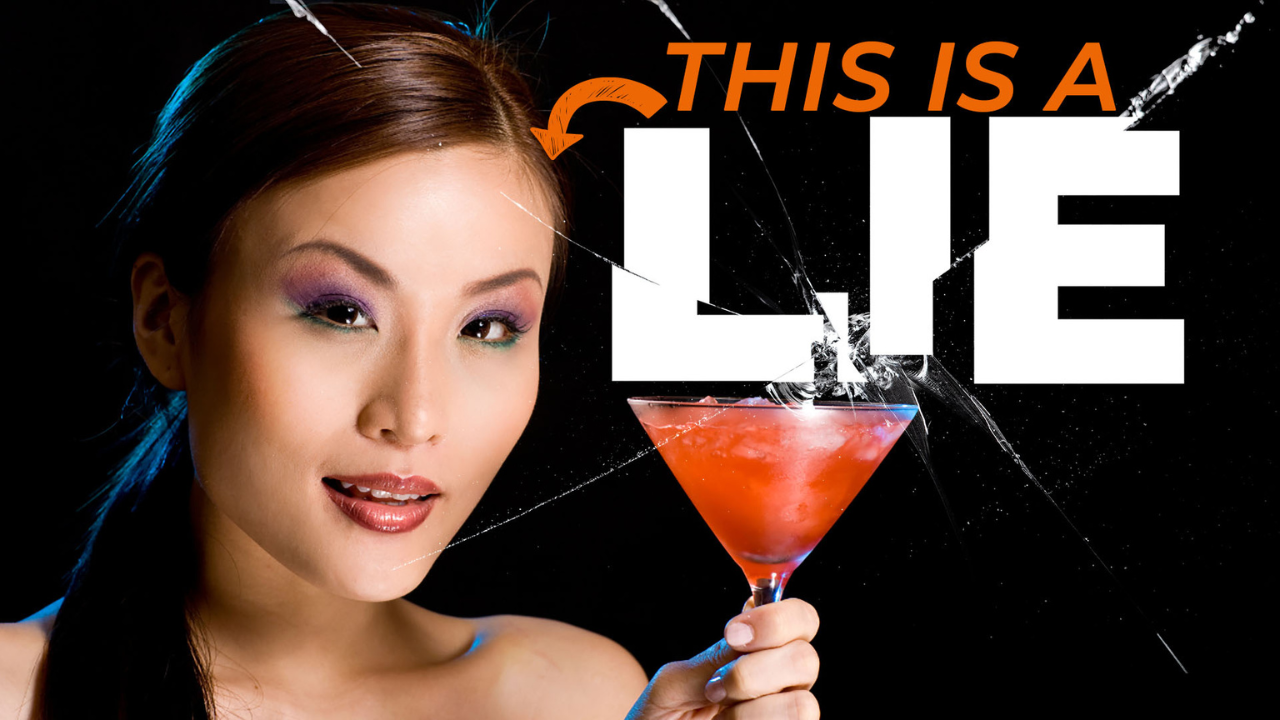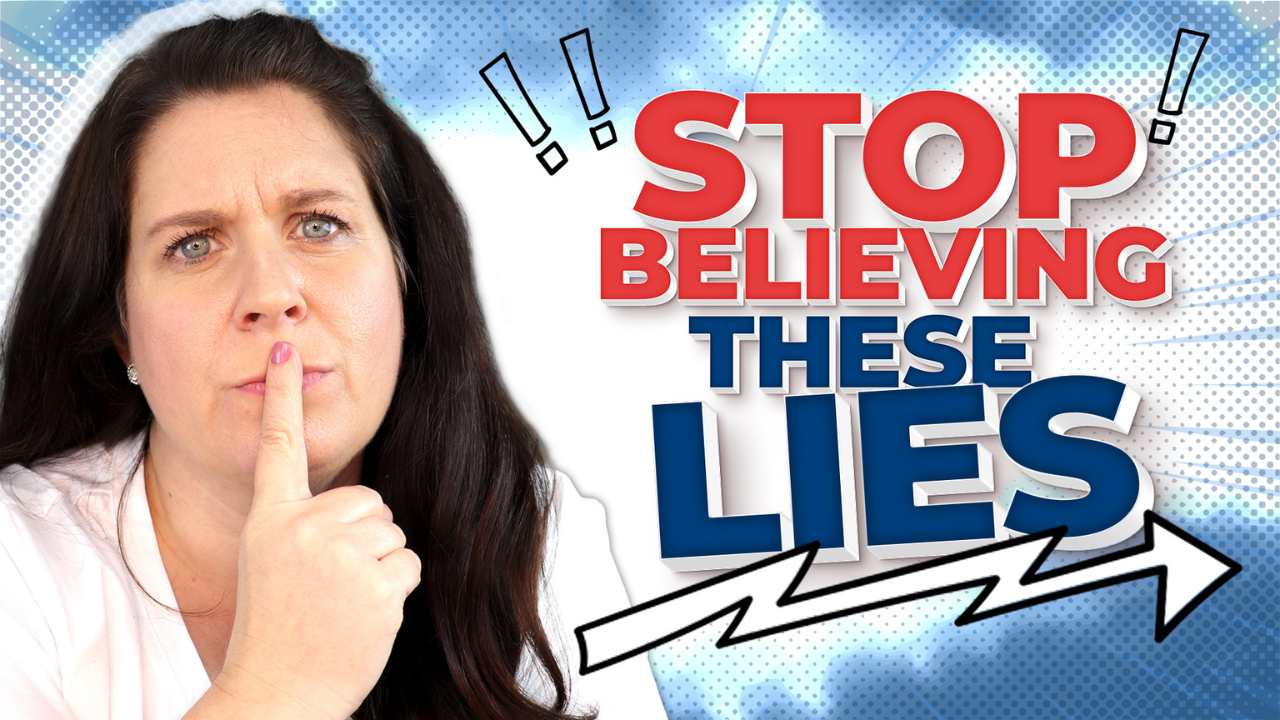What Really Happens When You Stop Drinking Alcohol
What to Expect When You Quit Drinking: A Realistic Guide
We're diving into a topic that's close to my heart – quitting alcohol. If you've been contemplating giving up alcohol and are wondering what to expect, you're in the right place. It's a significant decision, and I want to give you a realistic perspective on this journey.
1. The Fear of Boredom:
One of the most common concerns people have when considering quitting alcohol is the fear that life will become boring and uneventful. After years of relying on alcohol to find joy and happiness, the prospect of living without it can be daunting. But here's the truth – quitting alcohol often leads to regaining the ability to experience genuine joy and pleasure. Alcohol may have been the very reason your life felt mundane in the first place.
2. The Fear of Missing Out:
Another common worry is the fear of missing out on social events and activities. While it's true that your interests and preferences might change, and you may...
3 Subtle Signs Of Addiction You May Not See
Recognizing the Early Signs of Addiction: Sheila's Story
Introduction: Addiction is a silent and insidious force that can creep into anyone's life, often unnoticed until it's too late. Most people don't realize they're addicted until they reach a point where they desperately want to stop but can't. In this blog post, we will delve into the story of Sheila, a client whose journey through addiction illustrates the importance of recognizing warning signs early on. Sheila's experience serves as a powerful reminder that addiction can affect anyone, regardless of their background or circumstances.
Sheila's Journey:
Sheila, as we'll call her, initially lived a relatively normal life. Like many people, she enjoyed a glass of wine in the evenings to unwind and relax, especially after her three young kids had gone to bed. This practice seemed harmless and even sophisticated, but it was the beginning of her descent into addiction.
The Unforeseen Challenges:
Sheila's life took an unexpected...
Sick Of Fighting With Your Spouse About How Much Alcohol They're Drinking?
Is Alcohol Causing Issues in Your Marriage? How to Stop Obsessing About Your Spouse's Drinking
Alcohol can be a challenging issue in a marriage. Suppose you have frequent conversations that turn into arguments about your spouse's drinking, and you're constantly obsessing about how much they drink or whether they're drinking at all. In that case, it's natural to be concerned. However, healthier ways exist to address this problem and stop obsessing about your spouse's drinking.
When one person in a relationship develops an alcohol use disorder, it affects both partners and creates problems for everyone involved. The worry and preoccupation of suspecting your spouse have an alcohol problem can lead to behaviors like spying, checking, questioning, and even smell checking. Unfortunately, you often don't get the truth when you ask your spouse about their drinking.
This preoccupation with finding the truth becomes a vicious cycle. You become focused on proving a problem while your spouse...
If This Happens, It's Definitely Time To Get Sober!

The most common mistake people make when dealing with alcohol-related issues is waiting until they've lost everything before making a change. The notion of hitting rock bottom as a prerequisite for change is a myth and a dangerous belief. To debunk this idea, I've invited my friend Leon from the YouTube channel Sober Leon to share his personal and professional experiences overcoming alcohol-related challenges.
I've long enjoyed Leon's because his channel perfectly aligns with my philosophies. I urge you to pay close attention as Leon outlines four signs indicating it's time to change.
Leon: Various images come to mind when we think of rock bottom. Perhaps it's someone who has just been arrested or received a DUI or someone checking themselves into rehab. There are many interpretations of rock bottom.
I have experienced countless rock bottoms. I've reached points where I vomited blood on a computer, ran out of money, and even borrowed money from my family. Alcohol has caused...
Worried About Your Son or Daughters Drug/Alcohol Use? (this video is for you!)
Unfortunately, Joe's story is common among college students and young adults. Many individuals in this age group engage in excessive drinking and partying, often without fully realizing the potential consequences of their actions. Joe's experience demonstrates the struggle of losing control over substance use and the difficulties of seeking help.
At first, Joe resisted assistance and denied the severity of his addiction. This is a typical response, as individuals caught in the grip of addiction often have difficulty acknowledging the problem. It may take time for them to fully understand the negative impact of their substance abuse on their lives and those around them.
Fortunately, Joe eventually recognized the seriousness of his addiction. This realization likely came about through the persistence and support of his parents, who were concerned about his well-being.
I want to emphasize the importance of seeking professional help for addiction. Addiction is a complex issue...
What Happens In Late Stage Alcoholism? (*hint, it ain't pretty 😢)
Now, when you saw the title, you were probably thinking about all the medical or physical aspects of alcoholism, like cirrhosis of the liver. But, still, there are many ways that alcoholism destroys our bodies. Yes, it attacks our liver, but it also attacks our heart, mind, pancreas, immune system, and brain, dramatically increasing your chances of having numerous types of cancer.
Now, I often hear people say things like yeah, this partying and this drinking and all this stuff; it will probably make my life shorter, but I will have a lot of fun in the meantime. And if that were true, I'd be OK with it. But in reality, nothing could be further from the truth.
When people say that, it's almost like you're imagining one big giant party and significant time and excitement, and then one day, you drop dead of alcoholism. But, unfortunately, it just doesn't work that way most of the time. It's a much more drawn-out, slow, and painful death than you imagine.
And while all those physical...
Exposing The REAL Reason So Many People Are Addicted To Alcohol
The reason alcohol is so addictive is because of social reinforcement.
It is the only drug you will feel embarrassed about not doing.
Now, marketing companies make it seem cool, sexy, and exciting, and start creating peer pressure from a very early age. So we're getting messages that adults do this to have fun. This will make you an exciting person others want to be around. So we start believing that long before we ever even try it.
There's a placebo effect connected with alcohol; remember when you first started drinking alcohol, and you didn't like it, and it tasted nasty, but everyone around you was telling you you're going to like it and it's going to be great. And everyone looked like they were having fun. So then you start acting like you're having fun with it.
It's reinforced in almost every single direction.
My clients who decide to stop drinking alcohol are worried about not having the alcohol and cravings and withdrawal and stuff like that, but you know what they...
Which is Better for Treating Alcohol Use Disorder: Interlock or Soberlink?
Interlock device or Soberlink device, which one is right for your situation?
I'm still going to give you my objective opinion about both of these devices because each has its pros and cons, and each one fits a slightly different situation, and I want you to make an informed decision about what's right for you. So the most natural place to start is to tell you precisely what Interlock and Soberlink devices are.
An interlock device is an alcohol breathalyzing device that gets installed into your car, and the car doesn't start until you've taken a blood alcohol test, like you blow into the thing and pass it.
Once you do that, then you can start your car. Now, it's not just for when you start the car; you must continue to take breathalyzing tests as you drive down the road. A lot of my clients call this the blow-and-go. Most of the time, people get an interlock device after some legal issue, like a DUI.
A Soberlink is also a breathalyzing device, but it's not attached to your car....
8 Lies Addicts/Alcoholics Tell (Warning!#7 Will Be Upsetting) 😠
If you've got an addicted loved one who says one of these statements, I'm about to tell you; it is likely lying more often than not. Of course, you shouldn't believe this. But, before I tell you these statements or lying examples, I want you to know that just because you're not going to believe these lies anymore doesn't necessarily mean that you should call them out, especially not in the moment.
You don't always have to call it out, but you don't have to believe it.
#1. Some version of, "I only hide it because ____."
For example, "I only hide my drinking because it upsets you. I don't want to get you upset." Any reason for hiding the dependence is addictive behavior. And yeah, there may be a little truth in some of the reasons that they're giving you for hiding, but the big reason they're hiding it is that they know that the addictive behavior is out of bounds in some way,
So when you hear this statement, it's essential to understand that they may be lying to you, but it's highly...
How To Stop Drinking Alcohol On Your Own!
The majority of clients that we see in our office stop drinking on their own without having to go to long-term treatment, like 30, 60, or 90-day treatment. And honestly, it's not that complicated.
Detox
When quitting alcohol, you have to consider whether or not you need a medical detox from the alcohol. Believe it or not, stopping alcohol from cold turkey is one of the more dangerous things to quit. So before you implement any of the other techniques that I'm about to tell you, it is crucial to have a thorough medical assessment.
Once you have that figured out, here are the critical pieces to doing this on your own, without going to long-term treatment.
1st Key to getting sober without rehab
The first thing that I want you to do is to make drinking a non-option.
What do I mean by non-option?
Make it easier on yourself. For example, one obvious thing is to take the alcohol out of your house and remove the temptation.
2nd Key to getting sober without rehab
The next thing you...
